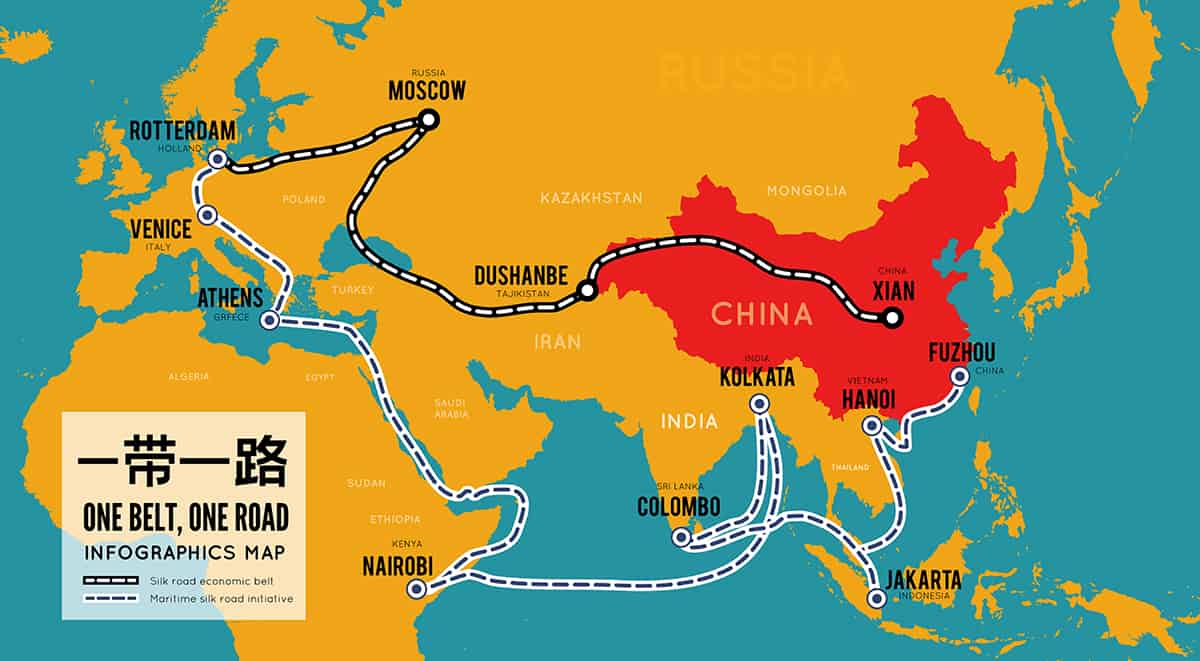Last month, more than 150 countries sent representatives to Beijing for a two-day summit marking the 10th anniversary of the Belt and Road Initiative (BRI), one of the most ambitious development plans ever envisioned. Today, the infrastructure network stretches from Asia and Oceania to Europe, Africa and Latin America. For President Xi Jinping, a startling success; for countries that signed on, perhaps less so: Along with new highways and bridges, they got, in some cases, huge debt loads, environmental challenges and political strife.
Launched as One Belt, One Road, BRI was initially aimed at reviving the old Silk Road connecting China and Europe through Central Asia. It was also designed to counter US economic and political influence worldwide.
“While providing financing and construction of key infrastructure for countries that may not be able to access such funding elsewhere, the initiative has also been successful in reminding the world that China represents an alternative to Western-influenced geopolitical and geoeconomics norms,” says Thomas Narins, professor of Geography and Planning at the University at Albany and an expert on China. Along the way, according to World Bank estimates, the initiative has created over 500,000 jobs and lifted 40 million people out of poverty.
The stigma of pushing debt-stricken countries further into debt endures, however. “Each agreement is different, and not every Chinese loan is predatory or debt trap-like in nature,” Narins notes. “While there are instances of countries where the value of Chinese debt owed represents the majority of that country’s gross domestic product, there are also several cases of Chinese lending only after the governments were rebuffed by other potential lenders.”
Further, BRI has morphed from from a set of traditional infrastructure projects aimed at physical connectivity to more of a digital framework, and with a new global AI initiative, Narins points out: “Xi is now attempting to establish one of the largest AI forums ever created.” The stated objective: increasing opportunities for the Global South. The unstated goal: increasing Beijing’s global economic centrality




